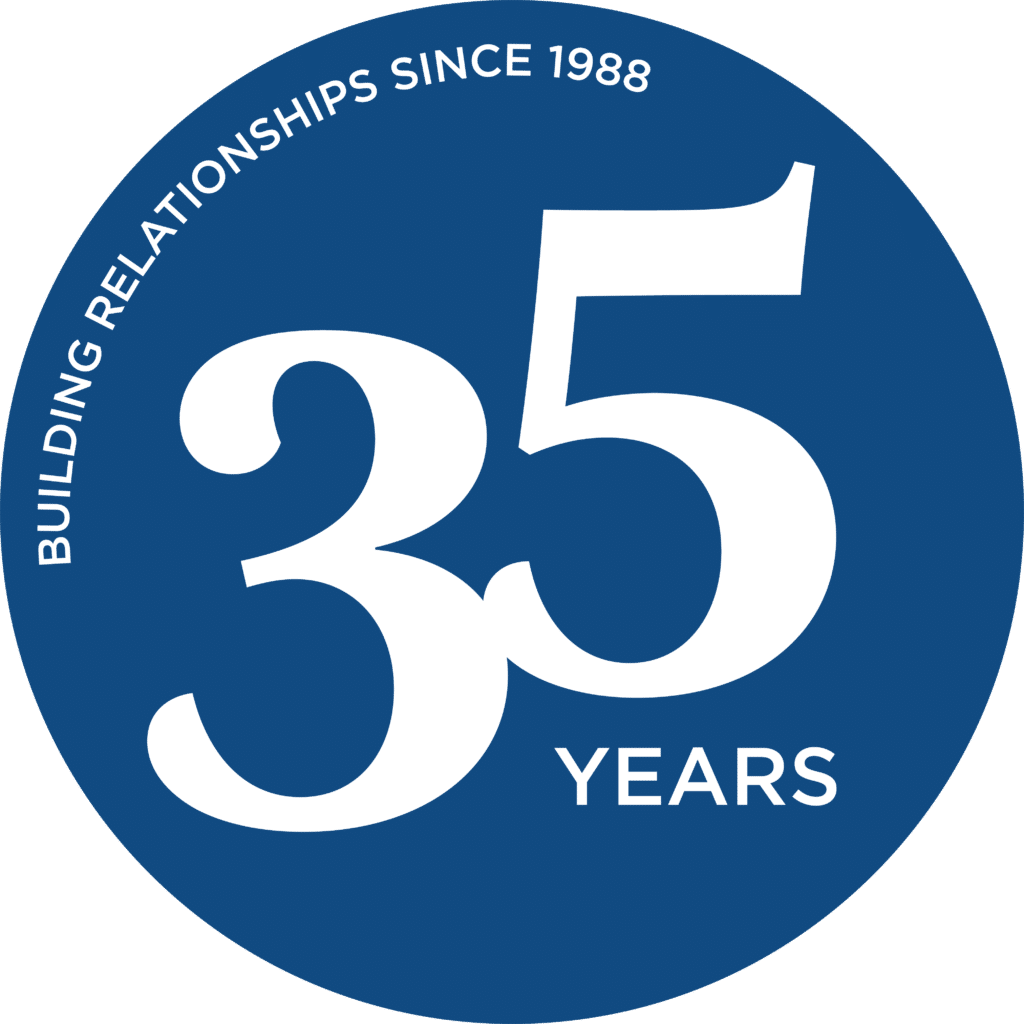
– Peter Cappelli, Professor of Management, Wharton
Every job search comes with its own set of opportunities and barriers. The same is true of career transition for the mature worker. Individuals with a lifetime of experience bring many positives to the workforce, job knowledge, interpersonal skills, business contacts, problem solving skills, and more.
But, the world is not all rainbows as some hiring authorities have a variety of prejudices. Ageism, luckily, is one that can be very successfully managed by making wise choices and ensuring that you remain relevant in the current job market.
The goal of the mature job seeker is to leverage these advantages and minimize any negative perceptions. The task is easier than you might think.
ALIGN YOUR EXPECTATIONS WITH WORKPLACE NORMS
The world of work and expectations of workers have changed over recent decades. As an example, the days of lifetime employment and even 10 year careers at a single company are largely gone. Many companies now value skills and experience gained from a variety of peer companies. In 2017, the average length of a job tenure is 3.5 years. The job seekers looking for a ‘stable job’ for the remainder of their careers may be setting themselves up for a very long and difficult job search.
Before launching your search, it can be helpful to evaluate your expectations of the work world against what is generally recognized as being the ‘new normal’. Consider the impact of any area where you are firmly entrenched in past norms. A huge disparity may mean a longer job search, disappointment in your next position, or a need to reset your workplace expectations to align with current realities.
LEVERAGE COMMON STEREOTYPES ABOUT MATURE WORKERS
On the plus side, there are many positive attributes that hiring managers ascribe to mature workers. Growing up interacting with people rather than with iPhones, they often have:
- Superior Customer Service Skills
- Inclusive Working Styles
- Ability to Get Along with Team Members
- More Business Contacts
The expectations of their generation also imbue many of them with:
- Strong Work Ethic
- Dependability
- Mature Attitude
- Management Experience
On the negative side, there are a few less flattering attributes that hiring managers worry about with mature workers. Generally, the following items may be of concern to a hiring manager:
- Poor Health
- Near Term Retirement
- Excessive Expectations Regarding Salary and/or Benefits
- Resistance to Change
- Poor Technology Skills
- Ability to Work for a Younger Boss and/or with a Multigenerational Workforce
Luckily, you can often successfully manage many of these negative perceptions of mature workers by offering behavioral examples related to some of these objections. While answers cannot be forced there is often plenty of room in the interview to interject stories of how you championed change and/or a technology initiative, how you value the broader concept of diversity, etc. Practice makes for better delivery.
ADDITIONAL GENERAL TIPS AND HINTS
Here are a few more thoughts on job search for mature workers.
Target Employers Who Are Age Neutral or Who Proactively Hire Mature Workers:
- SeniorJobBank.Org
- AARP Best Companies for Over 50
http://www.aarp.org/work/job-search/employer-pledge-companies/ - U.S. Department of Labor
- Federal Jobs
- In companies that provide products or services for aging populations
- Companies requiring exceptional customer service skills including Retail, HealthCare, Pharma
In your resume and interviews, emphasize accomplishments not years of experience:
- Don’t emphasize # of years, use ‘highly experienced’ or ‘comprehensive experience’
- Use current terminology: ‘talent management’ instead of ‘people skills’
- Show social media savvy with LinkedIn and Twitter accounts
- Keep bullets short and results oriented
- Eliminate jobs before Y2K – 2 decades of experience is enough
Be ‘relevant’ and ‘current’. Avoid ‘signs of age’ such as flip phones, AOL or MSN email addresses, unfashionable clothing, dated haircut or makeup, etc. Ask a trusted younger friend/relative for an assessment of anything that may unintentionally be ‘aging’ you.
Check your ‘normal’ conversation. In your personal social life, you may often speak about grandchildren or frustrations with the set-up of your new Bluetooth. You’d want to avoid these ‘age’ reminders in conversation with hiring authorities. Be prepared with some current and interesting chit-chat for the light conversations before and after interviews.
IN CLOSING
In closing, your success in job search as a mature worker is largely in your hands. A smile, positive attitude, high energy level, and genuine enthusiasm for your next opportunity is the key to success. Remember it is about relevancy, not years.
Joan Engel
Operations & Project Management
CCI Consulting


